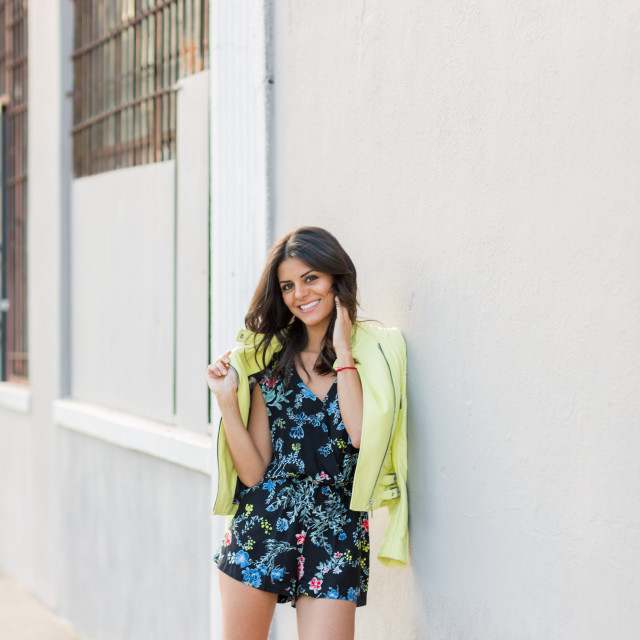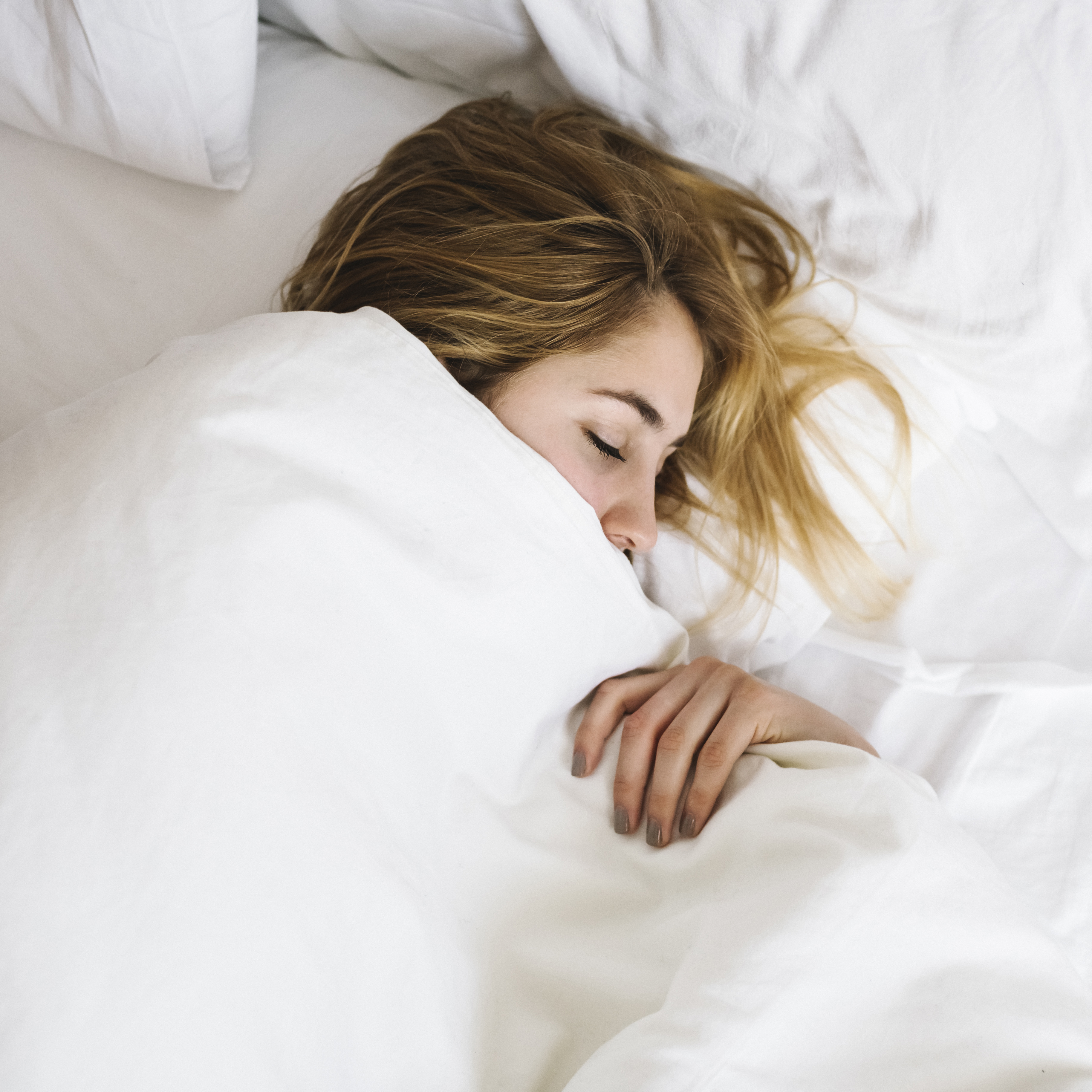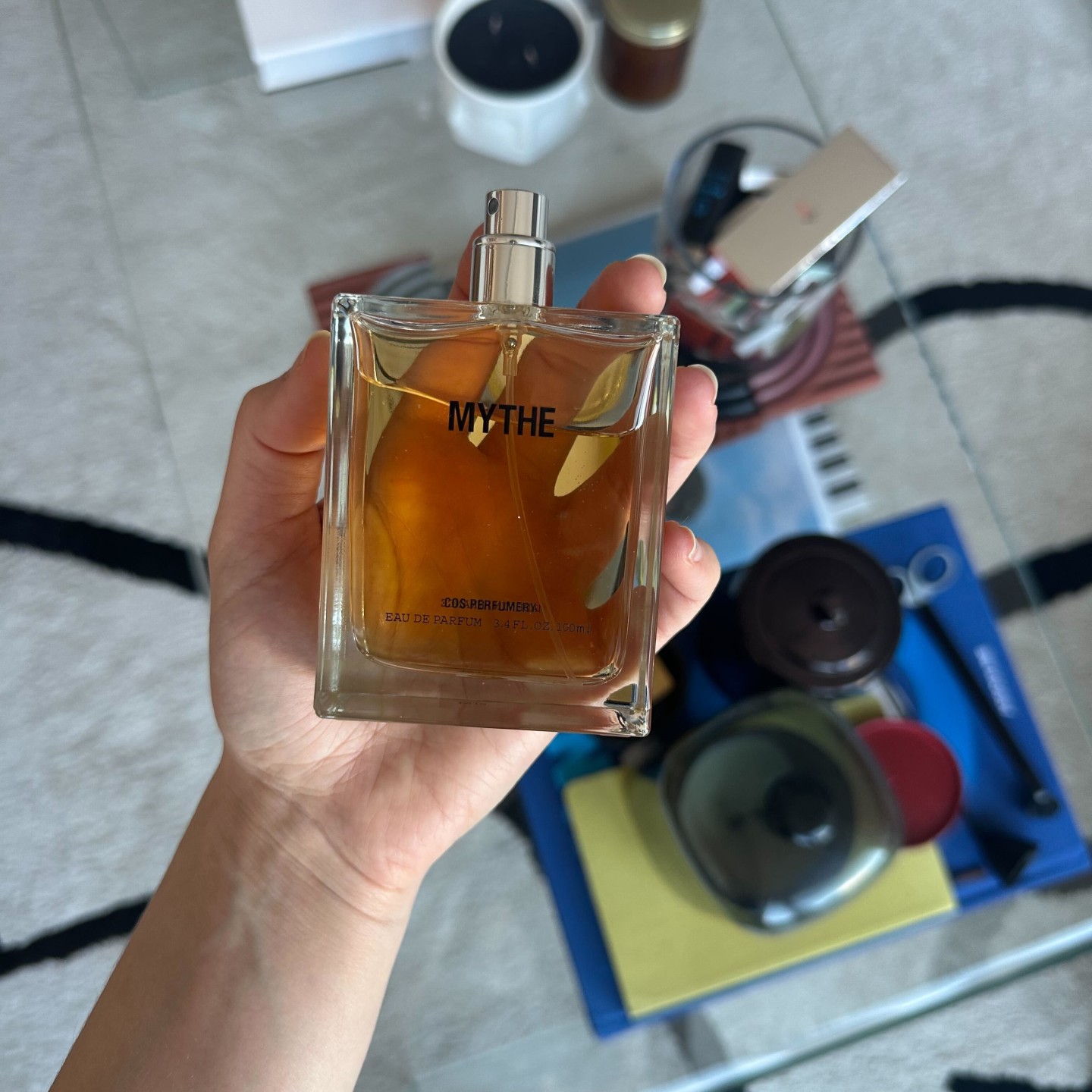What Is Melatonin and Why Does It Help You Fall Asleep?

Daylight savings time and travel may be the culprits in keeping you awake (or in some cases, online shopping is to blame). Whatever the case, you’ve likely considered taking a supplemental sleep aid like melatonin in the form of a capsule or liquid melatonin in tea to fall asleep, right? But what is melatonin, exactly? And, how does it work?
“It’s a natural hormone produced by the brain,” shares Courtney Baron, Thumbtack health and wellness coach, “which lets the body know when it’s time to sleep and wake up. It’s also available as a natural sleep supplement in tablet or capsule form for those who have trouble falling asleep.” Want to understand more about melatonin? Keep reading.
Ahead, Steven R. Gundry, MD, and our go-to Thumbtack health and wellness coaches break down melatonin—how and when it should be used and the number one thing to be cautious of.

So What Is It?
“Melatonin is a hormone produced by the brain, which helps regulate our sleep and wake patterns. It also acts as a powerful antioxidant that helps fight free radicals and inflammation in the body. Melatonin should rise in the evening and then drop in the morning. Light exposure (or lack thereof) can impact the production of melatonin, as can age,” shares Kaitlyn Noble, Thumbtack health and wellness coach.
How Should It Be Used
“Supplemental melatonin has a long history as a sleep aid, but while it is effective in inducing sleep, its effect usually wears off in a few hours, making the user wake up in the middle of the night. For that reason, I recommend using both immediate-acting and timed-release forms of melatonin together,” says Steven R. Gundry, MD, one of the world’s top heart surgeons and a pioneer in nutrition.
“I use this combo when traveling across multiple time zones. Usually 3 mg of each form is an effective and safe dose. There is some evidence that low-dose melatonin of 1 mg daily is an antioxidant, but in this case, more is not better. Although melatonin is available in doses of 10 mg, unless you are trying to wean off prescription sleep aids like Ambien, avoid these doses for long-term use, as they will suppress your bodies own ability to make melatonin.”
How Does It Work?
“It’s effective when our own body is not producing melatonin appropriately,” explains Noble. “Melatonin can be used during travel when our internal clock hasn’t quite caught up to changes in time. Melatonin taken before your desired bedtime can help mimic the natural change that should be happening in your body. Many people find challenges sleeping in winter months because there is less light exposure and some find relief with melatonin supplements.”
Melatonin Dos
“Check with your doctor before taking melatonin if you have high blood pressure, are pregnant, or have any other medical conditions that may be harmful to your health by taking this supplement,” cautions Baron. Also, talk to your doctor about the appropriate dosage for your body, she adds.
“Start with the lowest amount recommended and work your way up from there,” shares Noble. “Watch for side effects like vivid dreams, headaches, drowsiness, stomach cramps, and irritability and discontinue use if they are uncomfortable.”
Melatonin Don'ts
“Don’t rely on melatonin solely to fix your issues in the long term,” says Noble. “While melatonin is perfectly safe and can provide relief, it’s important to investigate why your body isn’t falling asleep naturally if it’s chronic. Exposure to technology in the evening, not getting enough light in the morning, poor dietary choices, lack of movement, or serotonin issues can all disrupt melatonin production. Our bodies don’t under-produce hormones when everything is functioning perfectly, so play detective!”
Does melatonin help you fall asleep? What’s your go-to form of melatonin?
Disclaimer
This article is provided for informational purposes only and is not intended to be used in the place of advice of your physician or other medical professionals. You should always consult with your doctor or healthcare provider first with any health-related questions.

The book that changed my life: On Writing Well by William Zinsser. A friend whose writing I adore recommended the book. I’ve read and re-read it a thousand times. It’s the most tattered of any book I own.
The most amazing meal I've ever had: I wouldn’t be able to narrow it down! I’ve been so fortunate in my career to taste some of the most talented chefs’ work. Recently I had a phenomenal meal at Jaimie Van Heije in Amsterdam and an unforgettable dinner at Cliveden House where Queen Victoria would take her tea. If André Garrett’s salad of Devon crab and Filet of Longhorn Beef were my last meal, I’d be okay with that!
The morning and nighttime routines I swear by:
In the morning, I use Jason’s Brightening Apricot Scrubble in the shower. It’s from Whole Foods, and is one item I can’t live without. At night I use Son & Park’s Beauty Water to wipe away all of the impurities a cleanser leaves behind. Once I’m in bed I like to moisturize my lips. I’m currently using Ogee’s Sculpted Lip Oil. It’s certified organic and free of harsh chemicals and parabens. I also love Lano’s Tinted Lip Balm. It’s super rich so I love to wear it while I sleep.
The best décor hack I've learned: I’m really into feng shui and learned a ton from the book Move Your Stuff, Change Your Life by Karen Rauch Carter.
My interior stylist spirit animal is: Martyn Lawrence Bullard. I am obsessed with Kourtney and Khloé Kardashian’s homes, and the Colony Palms Hotel in Palm Springs.
The Instagram handles I follow religiously are: @margoandme, @juliahengel, and @alliwebb.
This season, my go-to cocktail order is: A concoction of earl grey–infused vodka, dry vermouth, Meyer lemon, and lavender. It’s called the Marine Layer at Watertable at the Hyatt Regency Huntington Beach, and it tastes like relaxation.
The first lesson I learned as an Adult with a capital A: An editor I admire tremendously reminded me that we don’t always get rewarded for our honesty.
The most surprising thing I learned from a MyDomaine story is: I can be type A and a perfectionist, and I know this holds me back. I loved learning from this article to value creativity over perfection.

